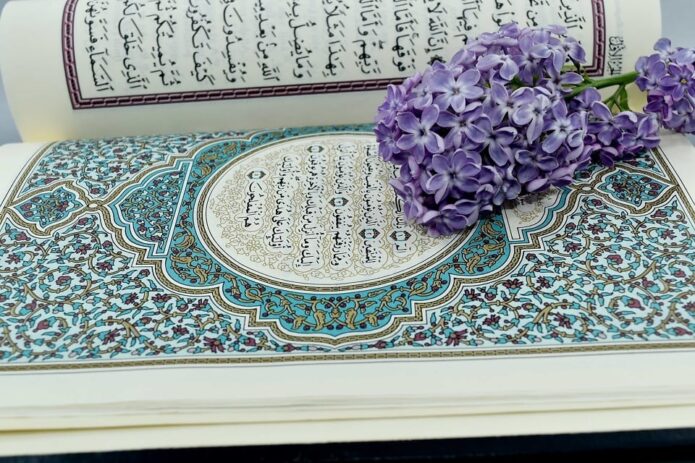Question:
Salam dear sheikh,
Today there are some so called “gay Imams” or other self-proclaimed scholars who claim Islam does not condemn homosexuality. They claim for example that the following Ayah indicates that marriage between the same sex is permissible: “And marry the unmarried among you.” [24:32]
They say the above Ayah clearly allows marrying any unmarried person – male or female – though traditionalist Muslims have been limiting it to marrying an opposite gender.
Can you please shed some light on it?
Answer:
Salam,
The above claim is based on an ambiguous translation presented for the Ayah and unfortunately the meaning has been lost in translation.
In the Arabic language the verb ‘NAKAHA’ is an intransitive verb and is used to express the marriage between a couple to become husband and wife. But ‘ANKAHA’ is a transitive verb and is used to express facilitating or solemnising a marriage between a man and woman.
For example, the Qur’an says: “O you who believe! When you men married (NAKAHTUM: intransitive) the believing women…” [33:49]
The Qur’an also quoting Prophet Shu’aib (P)’s marriage proposal to Prophet Moses (p) says: “Verily, I desire to marry (UNKEHU: transitive) you to one of these two daughters of mine…” [28:27]
As you can see in both examples, the English verb ‘marry’ is used. Because ‘marry’ in English is both transitive and intransitive, therefore, it can be used as a translation for both ‘NAKAHA’ (intransitive) and ANKAHA (transitive).
The verb used in the Ayah you have quoted is from ‘ANKAHA’ (transitive) which means ‘to facilitate the marriage.’ Therefore, the accurate translation of the Ayah would be the following:
“And (you Muslims) facilitate the marriage (ANKEHU) of those single (men and women) from among you as well as those of your male slaves and your female slaves who are fit (for marriage) …” [Surah 24, Ayah 32]
Therefore, the Ayah is simply encouraging the Muslim community or the fathers of the single boys and girls to facilitate their marriage.
Please note that justification of a sin is a bigger sin than the sin itself especially by distorting the meaning of the holy Qur’an.
In response to those who claim Islam does not condemn homosexuality, please refer to this Q&A: Is today’s homosexuality different to the story of Lot in the Qur’an?
Answered by: Sheikh Mansour Leghaei



